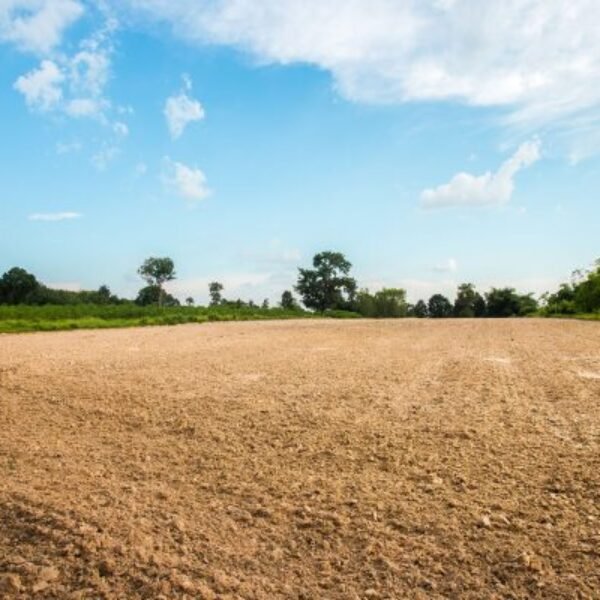Why Real Estate Prices May Not Crash in 2025
Why Real Estate Prices May Not Crash in 2025
The real estate market has always been a significant indicator of economic stability, and speculation about potential price crashes is common. However, several factors suggest that real estate prices may not crash in 2025. Here’s a closer look at why stability may persist:
- High Demand and Low Supply
Housing demand continues to outpace supply in many regions. Urbanization, population growth, and migration trends sustain the demand for homes. On the supply side, construction costs and labor shortages limit new housing developments, keeping prices steady. - Low Mortgage Default Rates
Unlike the 2008 financial crisis, where high default rates triggered a housing collapse, current mortgage markets are healthier. Stricter lending standards have ensured that borrowers are more financially stable, reducing the risk of widespread foreclosures. - Interest Rate Management
Central banks are likely to adopt measured approaches to interest rate adjustments, balancing inflation control and economic growth. Moderate interest rates keep homeownership affordable for many buyers, supporting property values. - Investment Appeal
Real estate remains a favored investment option, especially during economic uncertainty. Institutional investors and individual buyers see property as a hedge against inflation, keeping demand robust. - Government Interventions
Governments worldwide are implementing policies to stabilize housing markets. These include subsidies for first-time buyers, rent control measures, and incentives for affordable housing development, all of which support price stability. - Resilience of Key Markets
Major cities and economic hubs continue to exhibit strong housing demand due to job opportunities and infrastructure development. Even during economic downturns, such regions often act as buffers against steep price declines. - Technological Innovation
Proptech (property technology) innovations have streamlined buying, selling, and managing properties. Digital platforms enhance market transparency and efficiency, attracting more participants and preventing market stagnation. - Diversified Real Estate Usage
The rise of hybrid work has led to increased interest in mixed-use properties, vacation homes, and suburban housing. This diversification ensures that various segments of the real estate market remain active. - Global Economic Recovery
As economies recover from recent disruptions, such as the COVID-19 pandemic, consumer confidence and spending power are improving, further boosting the housing market. - Historical Trends
Historically, real estate markets experience corrections rather than crashes unless there’s an extreme financial or economic disruption. Current trends suggest corrections may occur, but a full-blown crash seems unlikely.
In summary, while uncertainties always exist, strong demand, low supply, prudent financial policies, and resilient markets collectively indicate that real estate prices may not crash in 2025. Instead, we may see a period of moderation or gradual growth, ensuring the sector’s stability.







